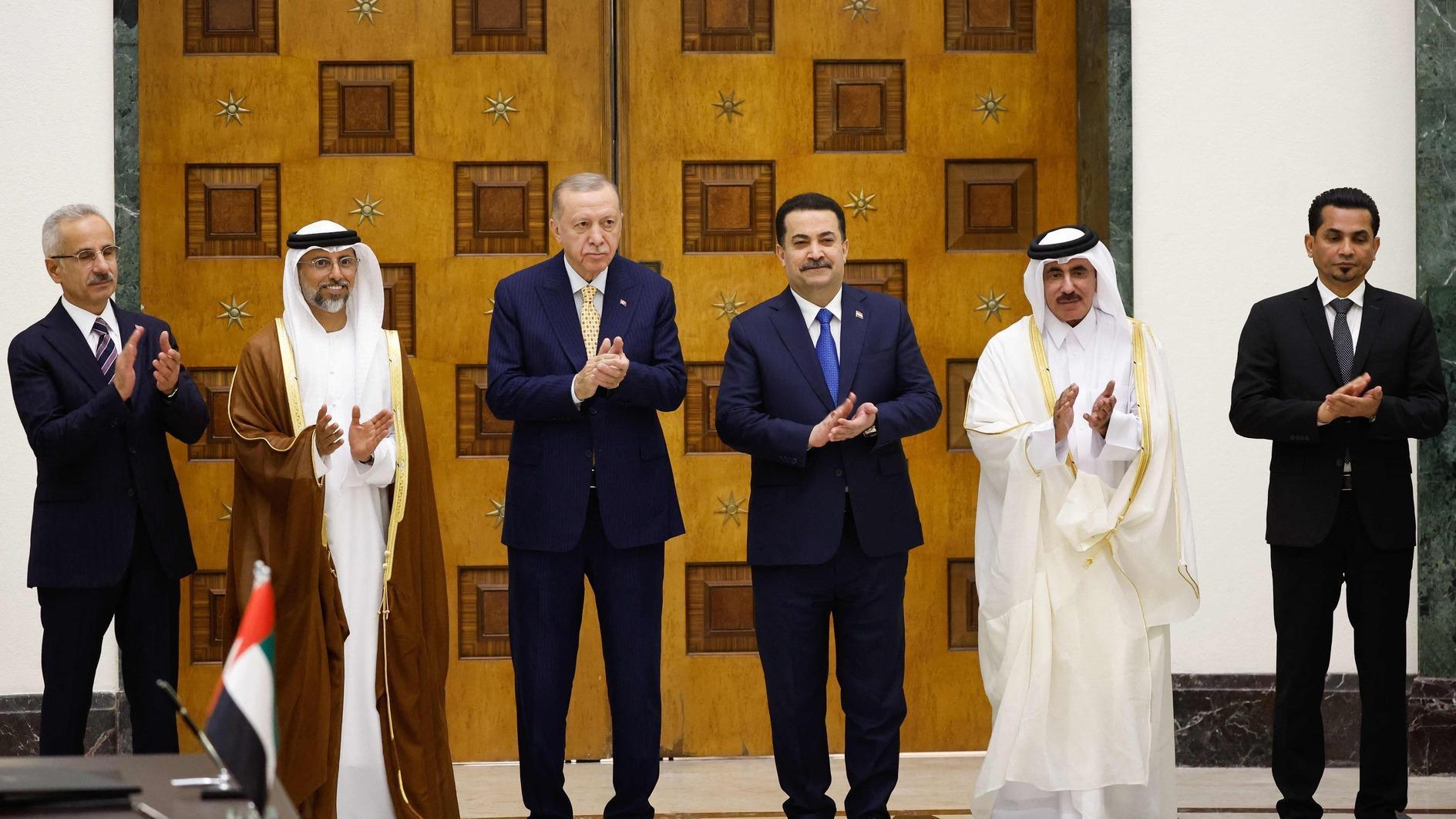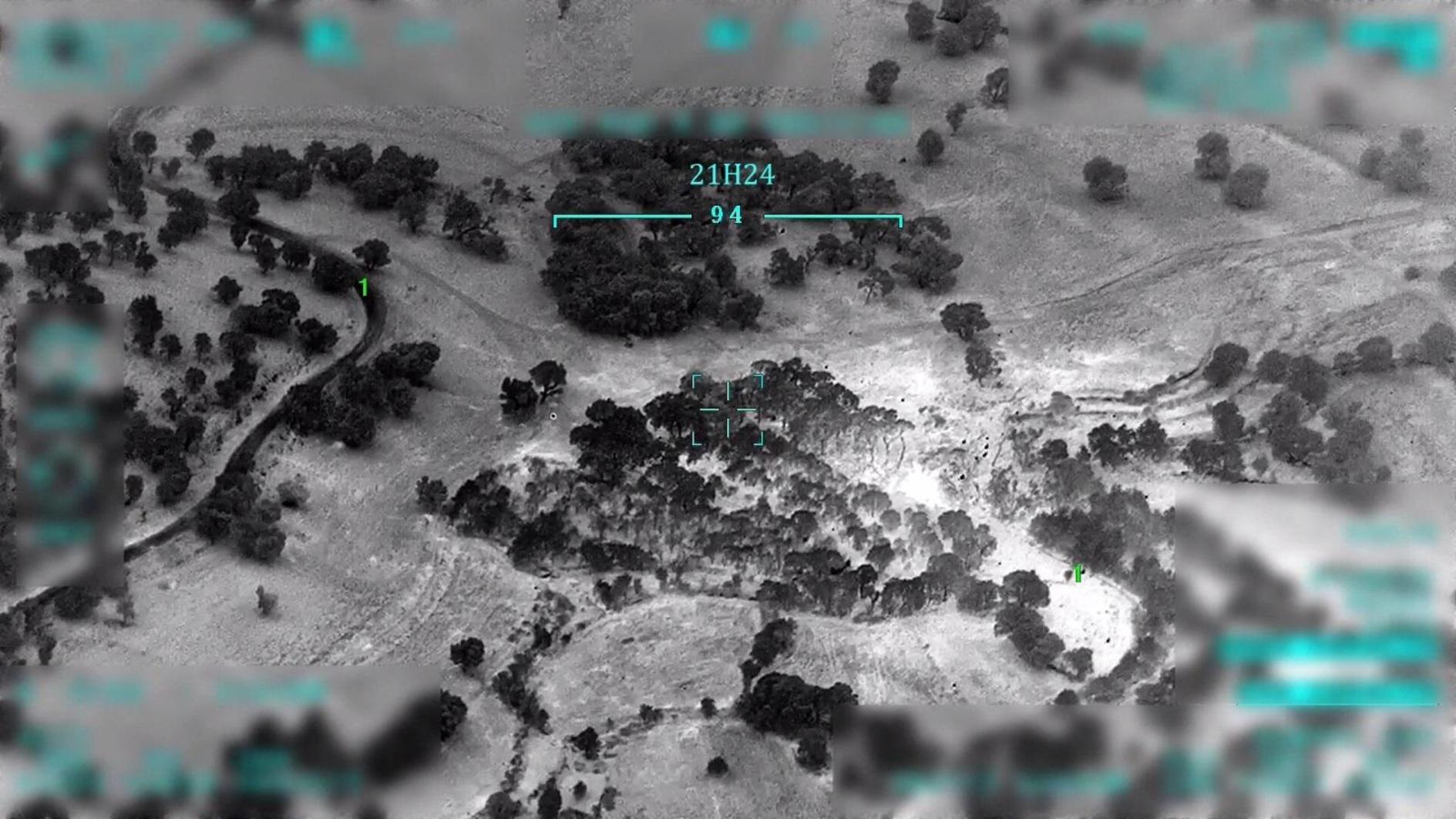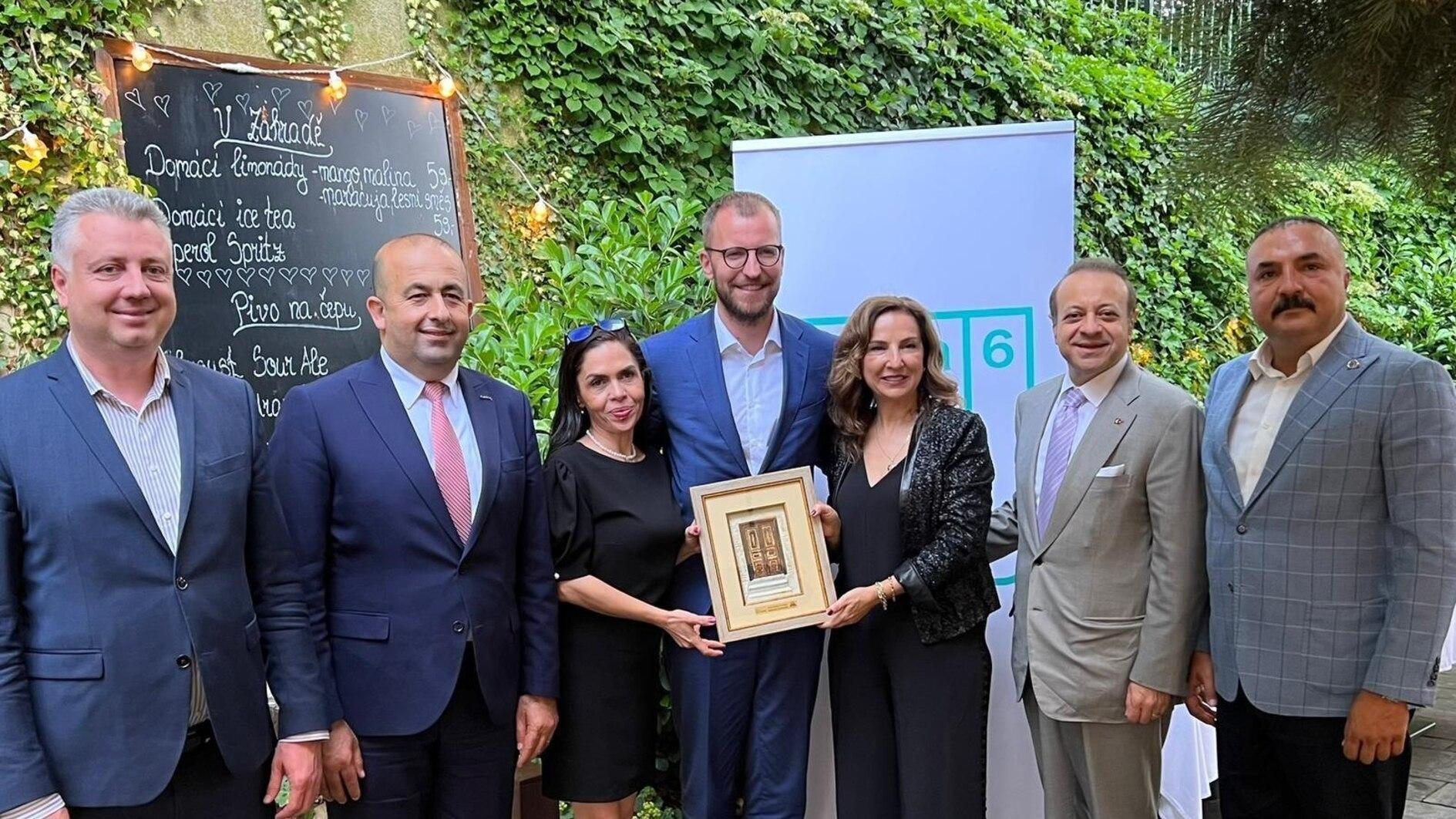Talks about a new constitution and party closure in Turkey
Nationalist Movement Party (MHP) leader Devlet Bahçeli gave surprising support to Prime Minister Ahmet Davutoğlu’s Justice and Development Party (AK Parti) during a 1 hour 40 minute talk in parliament on Jan. 4. He agreed to take part in a commission in which all parties, including the Kurdish-problem-focused Peoples’ Democratic Party (HDP), would be represented.
Davutoğlu had earlier said he could agree to a commission like the one tried before 2011 for a new constitution, with all parties in the Turkish parliament having equal representation. Main opposition Republican People’s Party (CHP) head Kemal Kılıçdaroğlu also expressed his party’s support for such a model during his meeting with PM Davutoğlu on Dec. 30.
It had been speculated in the political backstage that the MHP would reject being part of such a commission because Bahçeli had stated after the June 7 election that his party would not be involved in any projects with the HDP (regarding support for the CHP candidate against the AK Parti candidate for the parliament speaker’s position). Asked after the Bahçeli-Davuotoğlu meeting yesterday, MHP spokesman Oktay Öztürk said his party would have no problem with a cross-party constitutional commission. He said the MHP was actually ready to continue work left behind in 2011, when agreement was reached on 60 articles.
This might be a move to corner the AK Parti into the dilemma of inviting the HDP to the commission, right after Davutoğlu withdrew an invitation to meet the HDP on the writing of a new constitution (he had already met with the MHP and the CHP). There are also question marks about what kind of result such a commission could produce, as the MHP wants stricter measures to fight Kurdish secessionism while the HDP is opening a debate on whether autonomy for Kurds (“but not only for Kurds”) is necessary for Turkey.
In fact, that debate was the reason of Davutoğlu’s withdrawal of his invitation. President Tayyip Erdoğan has also slammed the HDP, saying that demanding autonomy at a time when the outlawed Kurdistan Workers’ Party (PKK) has resumed its armed campaign amounts to “treason.” Erdoğan added that he was against the closing down of political parties but thinks that MPs who do not denounce PKK actions and demand autonomy should be tried “in order to strengthen democracy,” by lifting their parliamentary immunity.
In answer to a question about how it would be possible to invite a party to a constitutional commission while simultaneously trying to close it down and/or lifting the immunities of its members, AK Parti spokesman Ömer Çelik also said he did not believe in party closures. However, he also referred to its use as a mechanism in Western countries to protect democracy from parties that cannot draw a line between themselves and terrorism. Çelik said he was against closing down the HDP, but he also believes that those MPs who cannot draw a clear line should not get away with “breaking the law.”
The HDP, on the other hand, challenges the AK Parti government (which has a large enough majority in parliament to vote to lift immunities) to “walk the walk.” HDP co-chair Figen Yüksekdağ said all HDP deputies have already written petitions to parliament asking to be stripped of their immunities and were not afraid of being tried. HDP deputy Sırrı Süreyya Önder also said the AK Parti has the power to lift their immunities and have them arrested, but added that this would not be in the best interests of the country.
Actually, such a move was made back in 1994 when the parliamentary immunity of MPs of the Democratic Labor Party (DEP), one of the HDP’s many predecessors, was lifted. DEP members were then arrested as they left parliament and four of them served nearly 10 years in jail for “being a member of a terrorist organization,” namely the PKK. Those arrests further escalated PKK attacks and exacerbated tension.
Turkey should not stain its parliamentary history by committing the same mistake over 20 years later. Instead, it should try to find a political path through dialogue to decrease tension and write a better constitution.











